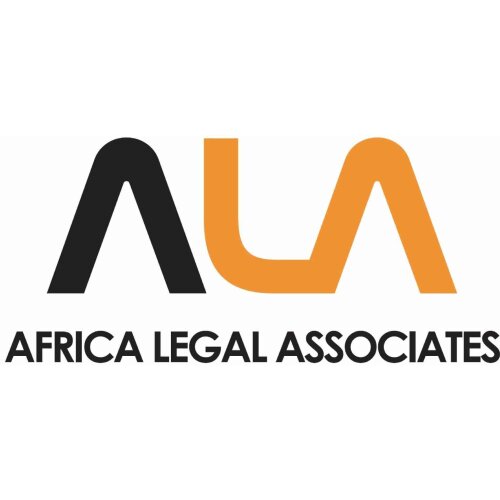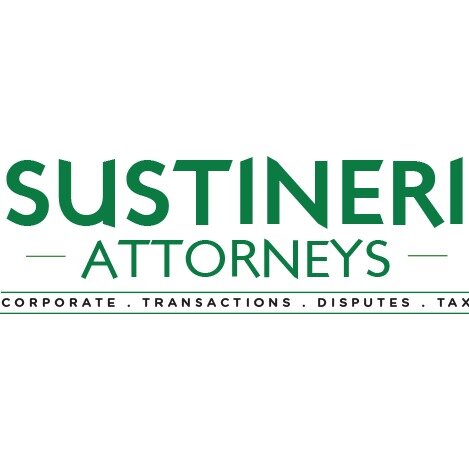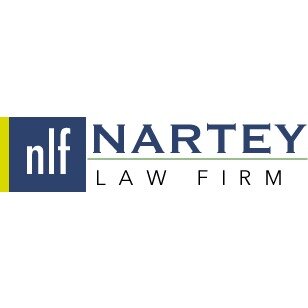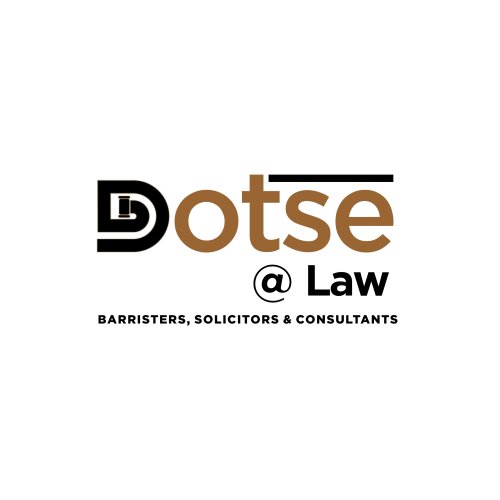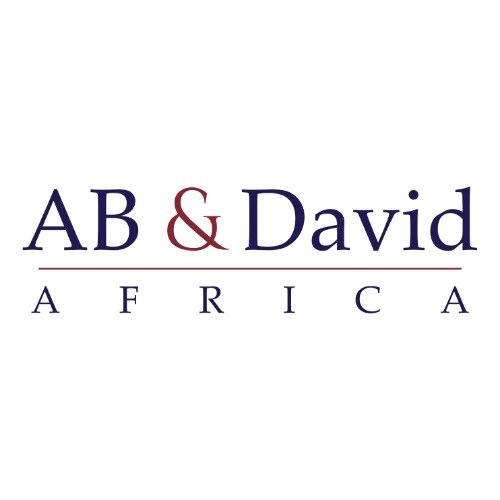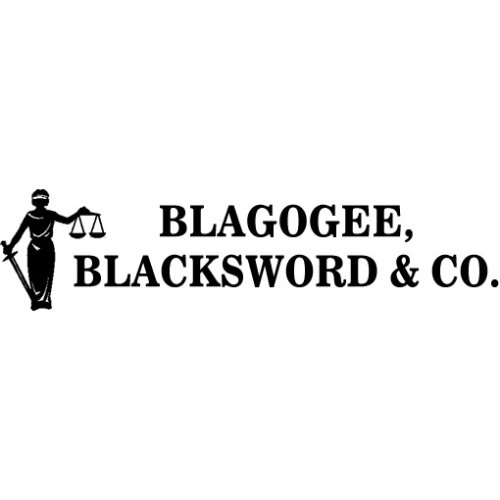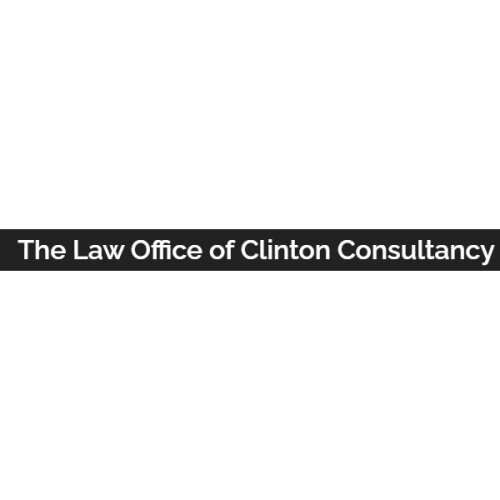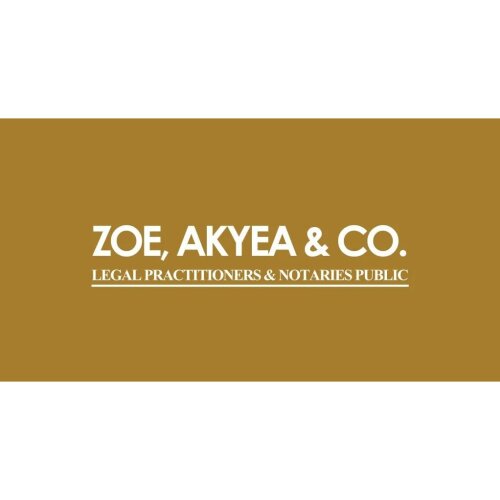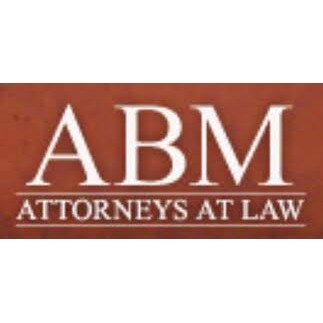Best Financial Services Regulation Lawyers in Accra
Share your needs with us, get contacted by law firms.
Free. Takes 2 min.
List of the best lawyers in Accra, Ghana
About Financial Services Regulation Law in Accra, Ghana
Financial Services Regulation in Accra, Ghana, involves the legal framework and guidelines that govern the conduct, products, and services of financial institutions within the city. This regulation is crucial for maintaining the integrity, stability, transparency, and fairness of the financial system in Ghana. The Bank of Ghana plays a pivotal role in overseeing financial institutions and ensuring compliance with both domestic laws and international standards. The Securities and Exchange Commission (SEC) also regulates capital markets and ensures investor protection. These regulatory bodies work together to enforce laws that affect banks, insurance companies, investment firms, and other financial entities operating in Accra.
Why You May Need a Lawyer
Legal assistance in Financial Services Regulation can be essential in various situations. Individuals and businesses might need a lawyer when facing charges of non-compliance with financial regulations, seeking to understand the implications of financial laws on a new business venture, or navigating complex transactions and contracts. Legal guidance can also be crucial when dealing with regulatory investigations, licensing requirements, consumer complaints, or disputes with financial institutions. A knowledgeable lawyer can help interpret legal texts, draft necessary documents, and provide representation in negotiations or court proceedings.
Local Laws Overview
The legal landscape for Financial Services Regulation in Accra is shaped by laws such as the Bank of Ghana Act, the Securities Industry Act, and the Insurance Act, among others. These laws establish the governance structure for overseeing financial operations and ensuring compliance. Key aspects of these regulations include licensing requirements for financial entities, the obligation to maintain certain capital reserves, and adherence to reporting and audit standards. Consumer protection laws also play a significant role, safeguarding the interests of individuals engaging with financial services.
Frequently Asked Questions
What entities are regulated under Ghana's financial services laws?
Banks, insurance companies, investment firms, microfinance institutions, and non-bank financial institutions are among the key entities regulated under Ghana's financial services laws.
Who are the main regulatory bodies for financial services in Ghana?
The Bank of Ghana and the Securities and Exchange Commission (SEC) are the primary regulatory bodies overseeing financial services in Ghana.
What is the role of the Bank of Ghana in financial regulation?
The Bank of Ghana licenses and supervises banks and other financial institutions, ensuring they operate within legal parameters and maintain the stability and integrity of the financial system.
What protections are in place for consumers of financial services?
Consumer protection laws ensure transparency, fairness, and equity in financial transactions, and provide avenues for addressing grievances and disputes between consumers and financial institutions.
How do financial regulations affect new businesses?
New businesses must comply with various licensing, reporting, and operational requirements specified by financial regulations, affecting how they establish and run their operations.
What are the consequences of non-compliance with financial regulations?
Non-compliance can result in penalties such as fines, license revocation, or legal action against the institution or individual responsible.
Can foreign financial institutions operate in Ghana?
Yes, foreign financial institutions can operate in Ghana, but they must adhere to local laws and obtain the necessary licenses from regulatory authorities.
What is the Securities Industry Act?
The Securities Industry Act regulates the capital markets in Ghana, ensuring transparency and fairness in the trading and issuance of securities.
How often do financial institutions need to report to regulatory bodies?
Reporting requirements vary among institutions but generally include periodic financial statements, compliance reports, and any changes in operation or management.
Where can I find the text of the financial regulation laws?
The text of financial regulation laws can typically be found on the websites of the Bank of Ghana and the Securities and Exchange Commission, as well as in government publications and legal databases.
Additional Resources
For further information and assistance, consider reaching out to the following bodies:
- The Bank of Ghana (official website for regulatory guidelines)
- The Securities and Exchange Commission (resources on capital market regulations)
- The Ghana Insurance Commission (for insurance-specific regulations)
- Legal Aid offices in Accra (for affordable legal support)
- The Ghana Association of Bankers (industry insights and support)
Next Steps
If you require legal assistance in Financial Services Regulation, consider taking the following steps:
- Identify the specific issue or area where you need legal advice - this could be compliance, consumer protection, or a regulatory dispute.
- Gather any relevant documents or records related to your issue.
- Contact a lawyer who specializes in financial services regulatory law in Ghana. You may consult local law firms or use legal directories to find experts in this field.
- Schedule a consultation to discuss your situation and possible legal strategies.
With these steps, you'll be better prepared to navigate the complexities of Financial Services Regulation in Accra, Ghana, equipped with professional legal support.
Lawzana helps you find the best lawyers and law firms in Accra through a curated and pre-screened list of qualified legal professionals. Our platform offers rankings and detailed profiles of attorneys and law firms, allowing you to compare based on practice areas, including Financial Services Regulation, experience, and client feedback.
Each profile includes a description of the firm's areas of practice, client reviews, team members and partners, year of establishment, spoken languages, office locations, contact information, social media presence, and any published articles or resources. Most firms on our platform speak English and are experienced in both local and international legal matters.
Get a quote from top-rated law firms in Accra, Ghana — quickly, securely, and without unnecessary hassle.
Disclaimer:
The information provided on this page is for general informational purposes only and does not constitute legal advice. While we strive to ensure the accuracy and relevance of the content, legal information may change over time, and interpretations of the law can vary. You should always consult with a qualified legal professional for advice specific to your situation.
We disclaim all liability for actions taken or not taken based on the content of this page. If you believe any information is incorrect or outdated, please contact us, and we will review and update it where appropriate.



